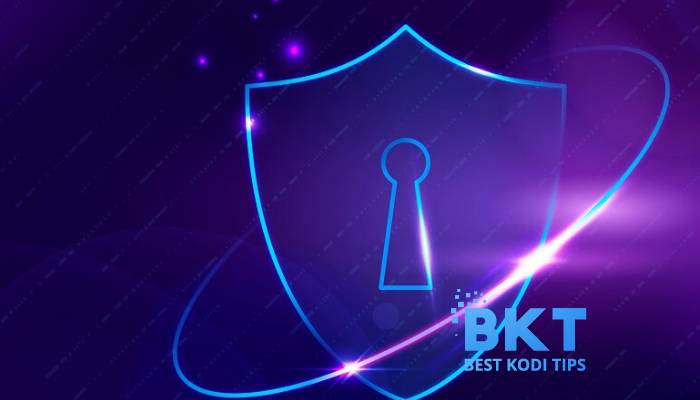Cybersecurity is a must in today’s world. You may be vigilant about it when you’re at your workstation or streaming movies in the comfort of your home, but what about travelling abroad? Here are three steps to internet safety while travelling internationally.
1. Prepare Before You Go
A secure computer begins before you leave the house for European cruises, Australian travels, or other international destinations. First, consider your electronic devices. Do you need to bring them along? If not, leave them at home where they are most secure.
If you decide you need to take your device, back up your data before you go. You can perform a backup on an external hard drive or use a cloud-based backup service. The advantage of using a cloud-based backup method is that you can access your data from anywhere.
Remove sensitive information stored on your computer if possible. Consider files may contain your bank account or credit card numbers, address, phone numbers or medical information.
Change your passwords before leaving. Ensure they are strong and secure. Use 12 or more characters and avoid dictionary words. Don’t use addresses, names or phone numbers. Mix and match symbols, numbers and capital letters.
Finally, update your antivirus software before you leave. This step makes sure you have the latest protection against current malware.
2. Stay Safe While Traveling
Keep your devices secure while you’re in a public space. Airports, restaurants and hotels can leave you vulnerable to theft if you don’t keep your device nearby. If you use it while in public, keep an eye on other people to see if they could be reading information on your screen. A privacy screen can enhance your security.
Hackers are not always stealing your information in obvious ways. You can see how someone watching over your shoulder may have intentions of theft. However, cybercriminals also use less noticeable methods to obtain your data. They can be working on getting your passwords so that they can access your personal information. Your wireless devices are especially vulnerable to security breaches.
You are vulnerable to security breaches when you use public Wi-Fi in places such as:
- Airports
- Hotels
- Travel agencies
- Internet cafes
- Coffee shops
- Bookstores
- Libraries
- Medical clinics
You can enhance your internet safety by taking a few precautionary steps. Don’t use the same PINs or passwords abroad that you use in the United States. Avoid accessing your bank account or making online purchases using public Wi-Fi. While using a public network, log off and on again occasionally. Be sure your phone’s auto-join function is turned off.
Here’s a tip you can use to test the public network. Try entering the wrong password intentionally. If you can access it, that means the network is not secure.
Only do so with your device if you must access your bank, medical provider, or other site containing sensitive information. Never log on to these sites while using a public workstation.
Remember that inserting a USB flash drive, CD or DVD exposes your device to vulnerabilities. Hackers can load malware onto these external drives and infect your system when you use them.
3. Follow Up When You Return Home
Despite your best precautions, there is always a chance your data was compromised during travels. When you come home, change all of your passwords on your devices. Update your antivirus software again to protect them from any new threats.
Did you purchase any devices while abroad? Be sure to take the same precautionary steps on them as you do with your other electronics.
The most secure step you can take is to have your device wiped clean upon returning to the U.S. This may seem drastic, but if you think your data has been compromised, you may want to consult an IT professional to learn more.
Travelling abroad is a wonderful experience. You can save yourself some worry and trouble by ensuring your electronic devices are well protected against security breaches.















Comments